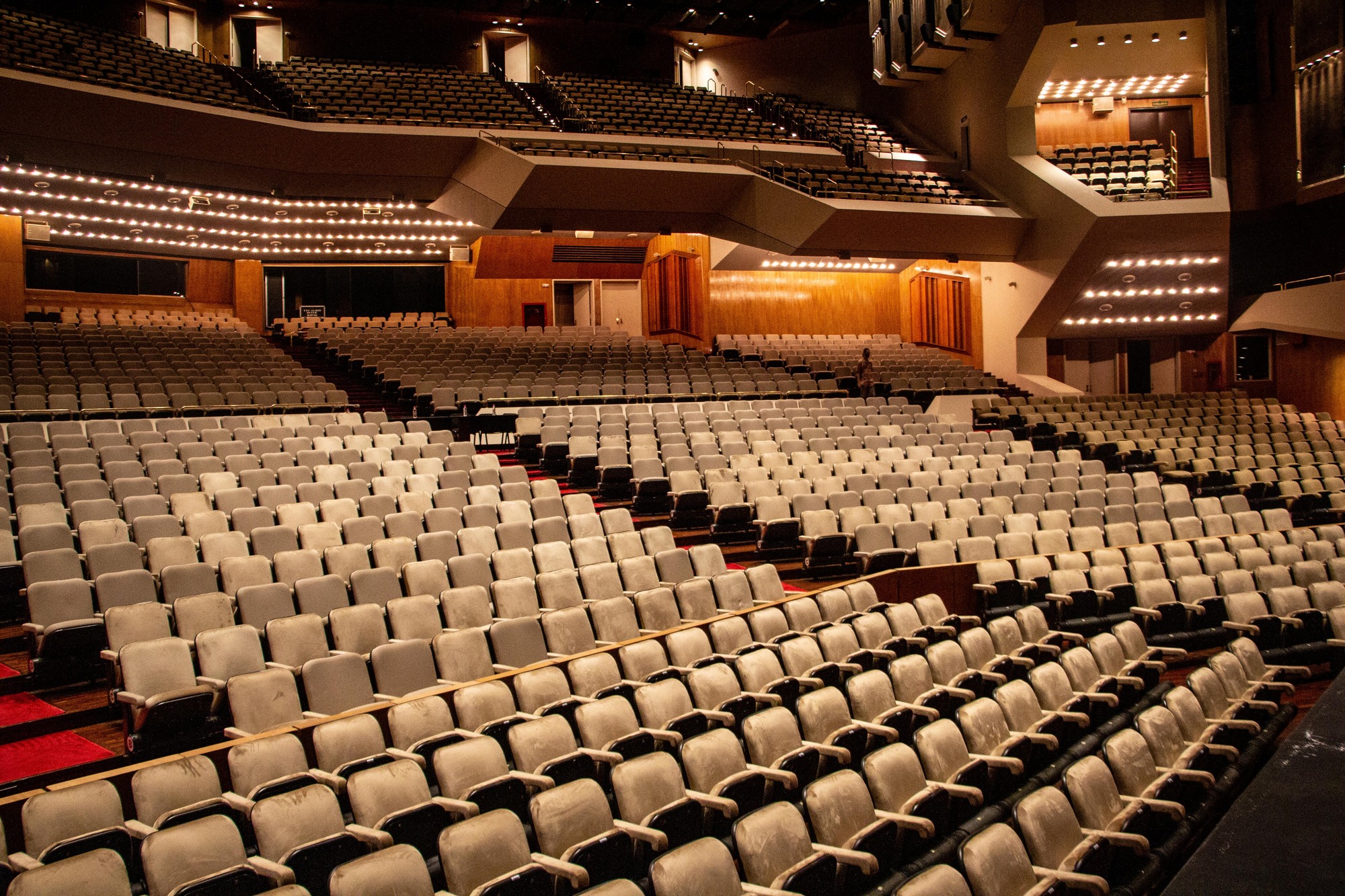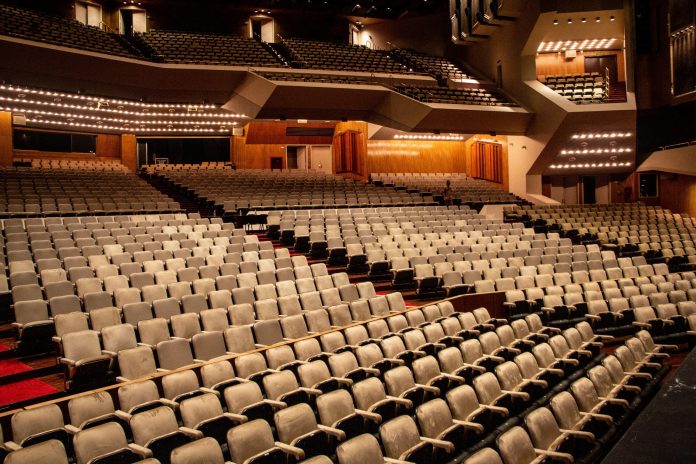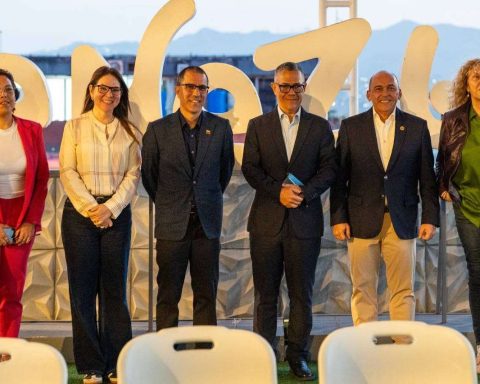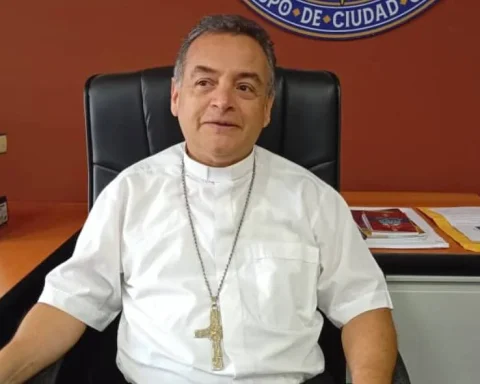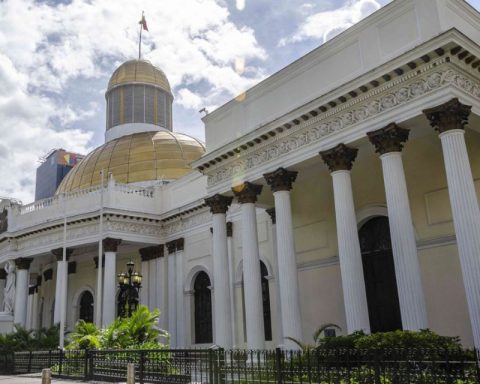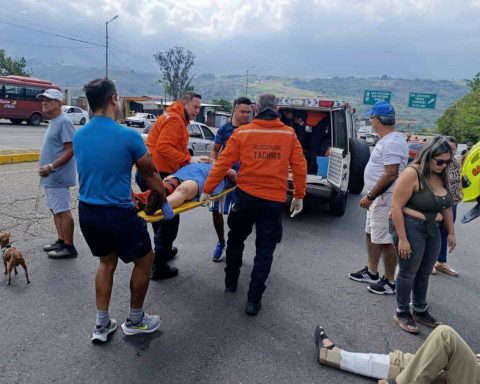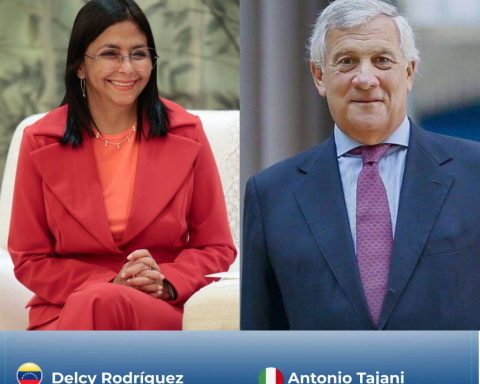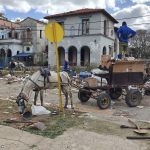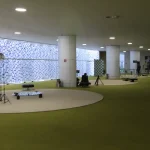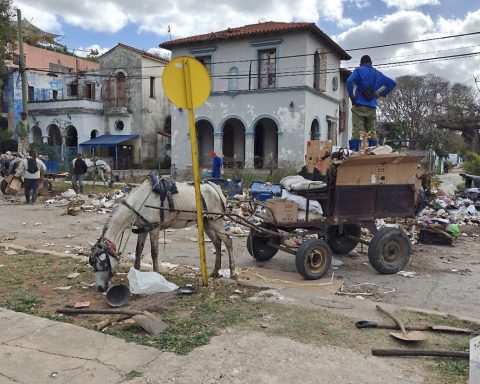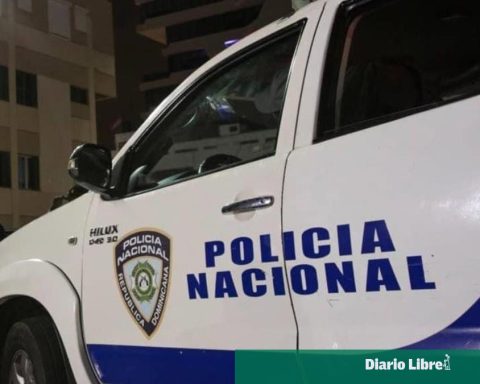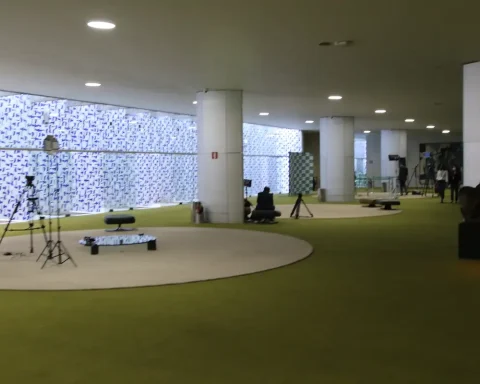On April 4 and 5 there was a lot of movement at the Teresa Carreño Theater. People of different ages, from 20 to 60, gathered to queue in chairs arranged in the open spaces of the cultural complex. It was not to buy tickets, but to participate in the audition of the Teresa Carreño Opera, a project with which the theater seeks to establish a platform for the development and promotion of Venezuelan lyrical singers.
There are nerves among those who come to the audition. In the corridors of Teresa Carreño those who are about to audition do breathing exercises and body language. They also talk before entering the imposing Ríos Reyna Hall, where you can see, in the stalls, a table set up for the jury made up of the opera’s directors: Irvin Peña, executive director of the project and of the theater; Isabel Palacios, artistic and academic director; Miguel Issa, stage director; Elisa Vegas, musical director, and teacher Carlos Urbaneja as a guest. Many meters away, a colossal stage where they put a statue and a painting as scenery to support the performance of each singer.
“We decided to make a development platform that would allow us to professionalize, promote, include our lyrical singers, who can perform leading roles, have a kind of lyrical company,” explains Irvin Peña, before taking up his position as a jury. “We set out, first of all, to take a picture of what is there, a diagnosis of what we have at a vocal level. Hence the call for these national auditions,” he added.
Of some 90 participants, around 60 were selected. The date of the first presentation has not yet been set, but it could be in the middle of the year, the theater reported. Miguel Issa advanced on Saturday in his account of Instagram that this weekend began an interpretation workshop directed by Isabel Palacios.
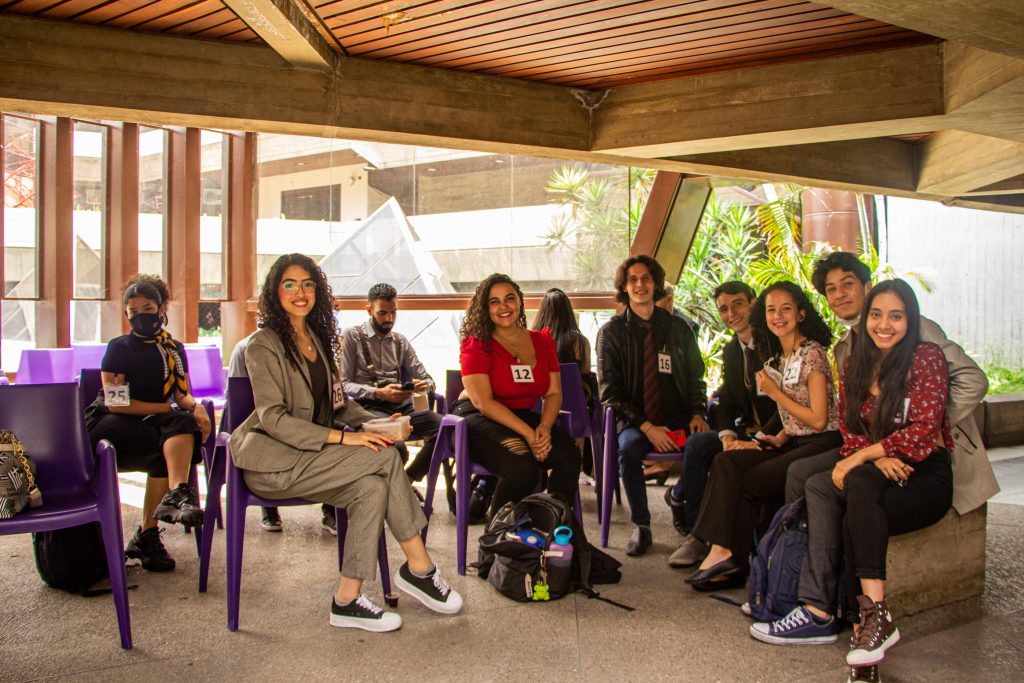
The auditions aroused interest from singers from Caracas as well as from the interior and even from those who are outside the country: in this case the participant sent a video that was evaluated by the jury and then it will be considered that he attend a face-to-face audition. The same applied to people from other cities in the country who could not come to Caracas.
Depending on the diagnosis, it will be decided who can be incorporated into the Teresa Carreño choir and who will be soloists. “We are handling a number of between 20 and 25 people as soloists, this can increase or decrease, depending on what we find in the audition process,” Peña said.
Once this process is completed, there is a technical, vocal, scenic improvement work, and then the possibility of increasing the number of presentations of great titles. “It is not a formal school, but there is going to be a process of academic strengthening, that is why we have our artistic and academic director, Isabel Palacios. External teachers will also be invited to give specific workshops, master classes”.
Ríos Reyna was chosen as the place for the auditions, which consisted of interpreting one or two arias, because “it is our main stage, in which they have to project their voice in natural conditions, as it would be in a presentation. It is to have a reference as close to when we have these singers in leading roles.”
The singers of the Teresa Carreño Opera will belong to the payroll of the theater, so its payments will be borne by the State, however, the institution is seeking financing from both the private and public sectors. “The economic issue comes from an establishment process at this time. We are introducing different strategies to achieve decent working conditions. Currently, they are being offered a financial offer in accordance with our tabulators inside the theater, but they will be part of our staff,” explained Peña.
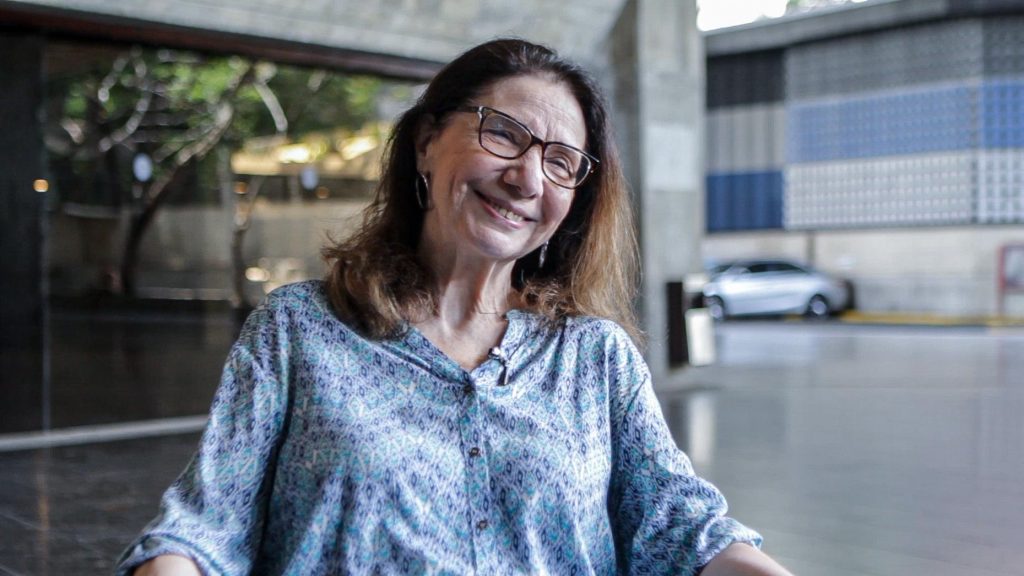
The program, he said, will be flexible in terms of schedule. That is, it will not absorb them full time. “We are obtaining wills, people from the private and public sectors interested in supporting the process for the requirements we have in terms of training, the teachers we need, and also in the assembly process and of course how they can have additional remuneration according to with the presentations.
Isabel Palacios, who came to the artistic direction of the Teresa Carreño Opera at the invitation of Irvin Peña, feels an enormous responsibility in bringing her vast knowledge of lyrical singing to the project. “It’s an experience that I bring to both the do’s and don’ts in order for this to move forward. There is a lot of enthusiasm, a lot of need for this project,” said the founder of the Camerata de Caracas.
He explained that the opera will be a training and dissemination platform, where the artist will have a space to work on the discipline on a daily basis. “The singer, as he is an organ that works with his breathing and his vocal cords, must keep training, like an athlete. No great figure can fall asleep, if you fall asleep you lose. The training platform must be permanent. Projects, operas, musical shows are mounted on that, because singing has many facets”.
There have been many initiatives for opera before, says Palacios, who recalls the origins with the Teatro de la Zarzuela, as well as the Camerata de Caracas itself and schools in cities in the interior such as San Cristóbal, Barquisimeto or La Victoria. “People who are doing opera. It’s beautiful to realize that with all the missteps there they go. And I know these initiatives, I respect them, I admire many of them”. However, he points out, there has been a bit of frustration because you can’t get students to keep practicing; they train, but they need the stage, getting their hands dirty with performances, knowing what it’s like to wear a wig or a costume that could be uncomfortable. “That’s part of this profession,” he stresses.
Miguel Issa, who was cultural manager of the Teresa Carreño, remembers that between the 80s and 90s there was an operatic training center in the theater. When he was director he had the intention of creating something similar, but the conditions were not met due to lack of support, because, he explains, there was a kind of prejudice towards lyrical art and the idea of Eurocentrism. At that time, several important titles were produced, but the training or preparation spaces did not prosper. “I feel that this board has every desire for both opera and ballet to expand. Lyrical art has been very neglected lately. The singers, those who manage to sing, do two functions, debut and farewell. There is no chance of building muscle as a performer,” he said.
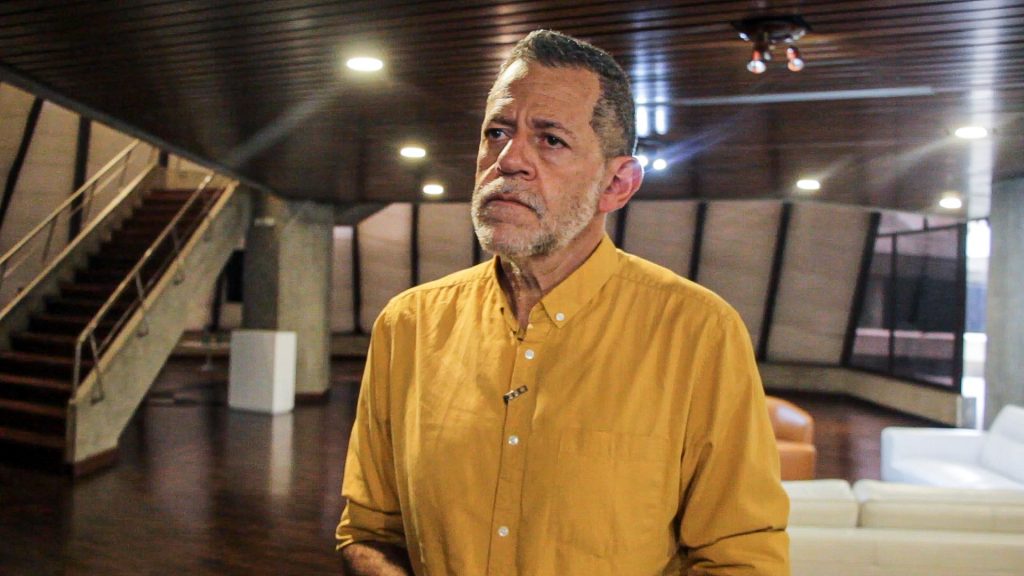
In the country there is a concept, he explains, in which it is believed that few functions should be done because the public is not going to attend. For Issa, the ideal is to plan seasons, as in the great theaters of the world. It is the adored dream of him. He insists: “I start from the principle that if there is an offer there will be an audience. The point is, as they do in other theaters, that you have to look for the public, re-educate them, generate strategies for them to attend. For example, if we are going to do roughWell then, it’s not just the opera, it’s the film, the exhibition, how they see the opera through social networks. Understand the moment for the public to come”.
Ópera Teresa Carreño is, for Issa, a recognition of the Venezuelan lyrical song, the teachers, the performers. “We must recognize the efforts and experiences of all those who have tried to do similar things, with successes, with mistakes. It is a dream come true. The fact that we are auditioning for me is already a big step”, expressed the cultural manager, who hopes that his experience will contribute to the training of young singers and stage directors.
While from the musical direction Elisa Vegas will have the role, together with the other members of the board, of managing the programming, the selection of the orchestras and the musical strategies to seek improvements within the cast. “The creation of the Teresa Carreño Opera is a sign that our country is moving in the right direction. It is to want the arts and culture to be more and more stable and that we have the spaces for so many artists who need them”.
“It also means that our Teresa Carreño Theater, which today is more beautiful than ever, is taking important steps in understanding that it is the great house of the arts,” he added.
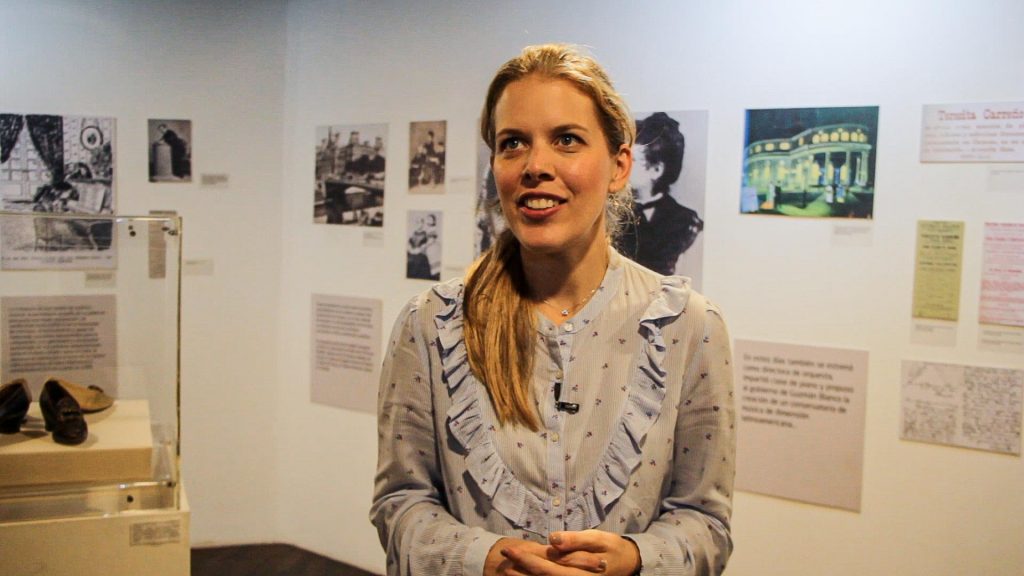
Among those attending the auditions was the bass-baritone Álvaro Carrillo, who has extensive experience with characters such as Escamillo in Carmen or Don Basilio of The Barber of Seville. The interpreter considers that the Teresa Carreño project is a great opportunity because for at least 15 years lyrical singing has practically not had them.
“There was no opera company, there was an experience just when I started, with Isabel Palacios’ Memory of Appearances, with magnificent results. Experiences like these, which are both professional and educational, are necessary anywhere in the world where opera is done seriously,” she said.
Carrillo, who learned to sing in a self-taught way, points out that stable companies are also needed for young singers to train and not leave a classroom directly to become professionals. “There is something curious that happens in Venezuela. We in the lyrical art have the most difficult conditions that can be imagined, that is to say, there is no tradition of opera in the country, but when we stand on the stage the public is waiting to hear first level. The public deserves it, there are no excuses to deny it. That is why the importance of training with programs like these”.
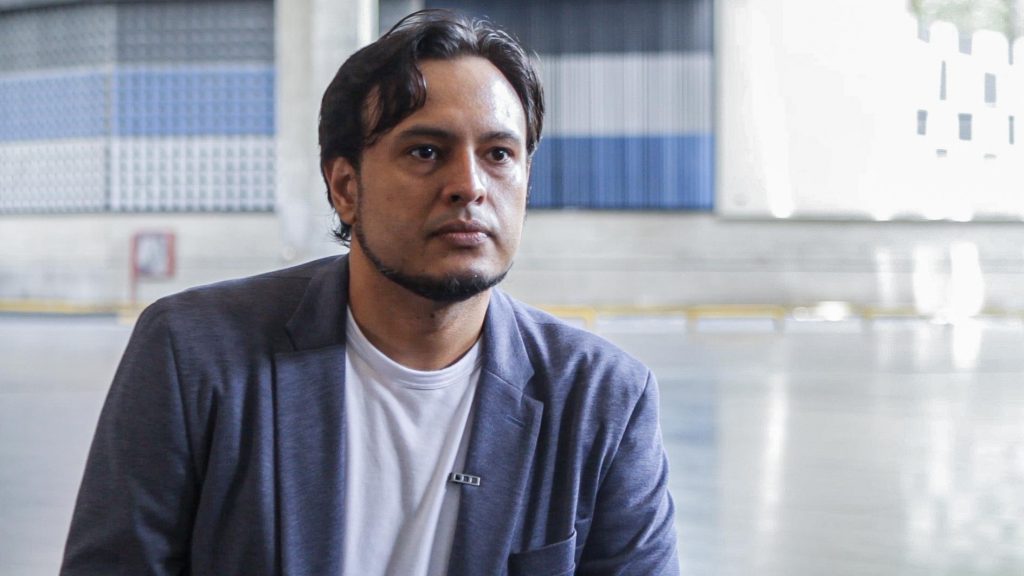
Keidy Márquez arrived from Maracay to participate in the audition. She is a member of the UCNA Polyphony and a singing teacher about to retire, she filled out the form to audition with no expectations. The experience of participating in it makes her happy. “I’ve already been to the Ríos Reyna, singing in a choir, but as a soloist, imagine, it’s already a big step, it would be wonderful for me.”
Helio Pineda, 23, also sees it as an experience, regardless of whether it stays or not. “It’s important because even this is an opportunity, it’s a unique experience to be part of this audition,” said the young man from Valencia, who was directed by Isabel Palacios in 2019 in the traviate, in which he was part of the choir.
